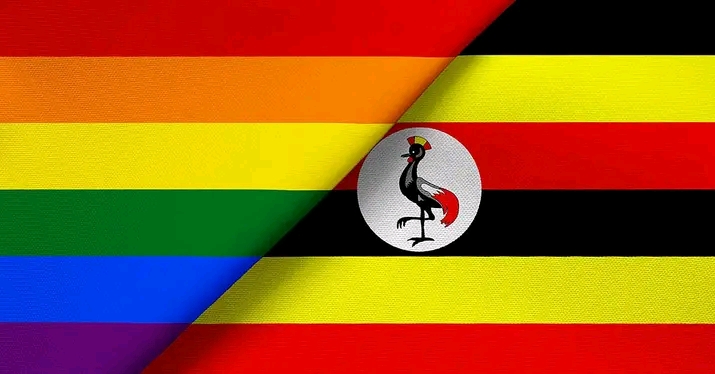By Ollus Ndomu
Uganda’s Constitutional Court is poised to commence hearings on petitions challenging the highly controversial Anti-Homosexuality Act (AHA), a law that has drawn international attention for its harsh stance on same-sex relationships. The legislation, signed into law by President Yoweri Museveni in May, imposes severe penalties, including the death penalty, for certain same-sex sexual acts.
The petitioners include individuals and human rights organizations who argue that the AHA was enacted without meaningful public participation and encroached upon constitutional rights and freedoms.
The AHA, often cited as one of the world’s harshest anti-gay laws, has faced vehement opposition both within Uganda and from the global community.
Critics argue that the law not only criminalizes same-sex relationships but also perpetuates discrimination and violence against LGBTQ+ individuals. As the Constitutional Court prepares to hear these petitions, it marks a pivotal moment in the ongoing debate over human rights, legal justice, and LGBTQ+ rights in Uganda.
At present, at least six individuals have faced charges under the Anti-Homosexuality Act.
These hearings will not only scrutinize the constitutionality of the law but also hold implications for the broader struggle for LGBTQ+ rights in Uganda and across the African continent.
The outcome of these legal proceedings is being closely watched by human rights advocates and organizations worldwide, as it may potentially shape the future direction of LGBTQ+ rights and legal frameworks in Uganda.


